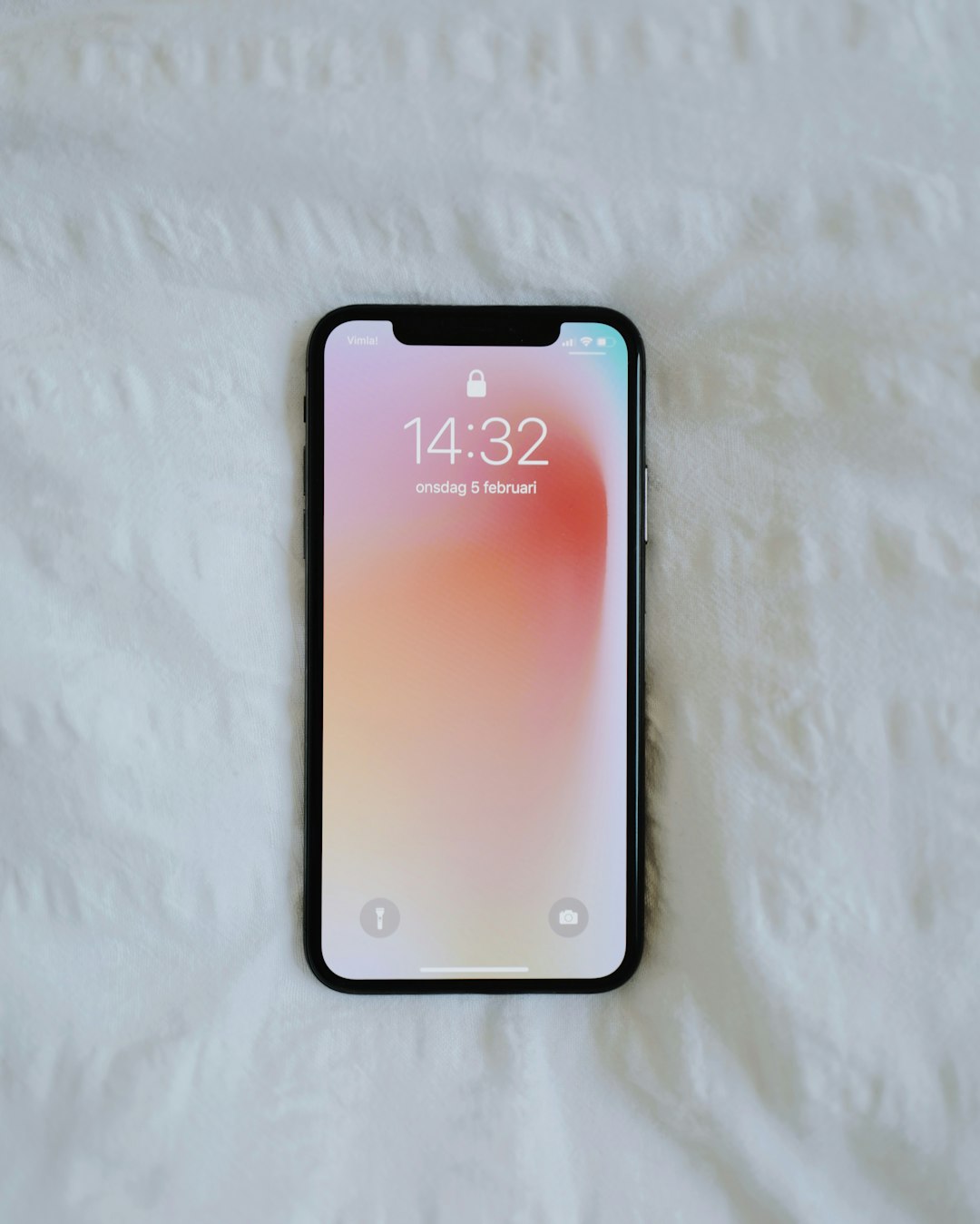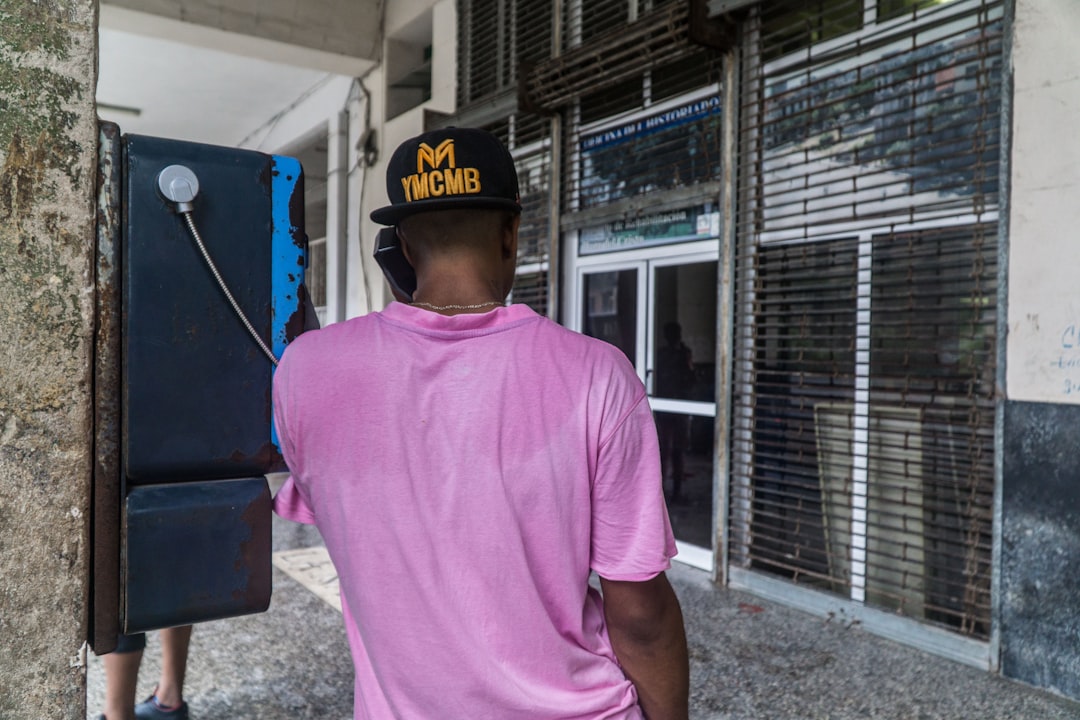In Missouri, residents are protected from unwanted robocalls by federal (TCPA) and state laws (MPA). If you received a scam call offering legal services, you may sue for damages without prior consent. Consulting an attorney specializing in consumer rights can help explore legal options and understand entitlements regarding robocall scams in Columbia, Missouri.
In today’s digital age, robocalls have become a ubiquitous yet unwanted nuisance. Columbia residents are increasingly targeted by legal service robocall scams, posing significant risks and potential financial harm. This article guides you through the complex landscape of robocall regulations in Missouri, highlighting your rights and options. Learn how to protect yourself from these fraudulent calls, including the possibility of suing for robocalls in Missouri if necessary. Understanding your legal recourse is crucial in navigating this modern-day enigma.
Understanding Robocall Laws in Missouri

In Missouri, robocall laws are designed to protect residents from unsolicited phone marketing calls, including those that use automated or prerecorded messages. The Missouri Attorney General’s Office outlines that while some robocalls are legitimate, many fall into a category of scams. These scams often target consumers with promises of low-interest loans, free prizes, or other enticing offers, but they can also take the form of legal services or debt relief.
If you’ve received a robocall offering legal services in Missouri and believe it to be a scam, you may have options. The Telephone Consumer Protection Act (TCPA) allows individuals to sue for damages if they’ve been subjected to unwanted robocalls. Therefore, if you can prove the call was made without your prior consent—which is often easier with automated calls—you could potentially seek compensation for each violation, including actual damages and up to $500 in statutory damages per call. This makes understanding your rights and knowing how to identify scam calls crucial in protecting yourself from legal service robocall scams in Columbia.
Your Rights Against Unwanted Calls

In the face of relentless robocalls, it’s crucial to know your rights under Missouri law. According to the Telemarketing and Consumer Fraud and Abuse Prevention Act (TCFAPA), also known as the Telephone Consumer Protection Act (TCPA), businesses are prohibited from making automated or prerecorded calls to consumers without their prior express consent. If you’ve been a victim of robocall scams, you have legal recourse. You can file a complaint with the Federal Trade Commission (FTC) and seek damages by suing the offending company in Missouri state court.
Missouri residents have specific protections against unwanted calls, including robocalls. The Missouri Merchandising Practices Act (MPA) mirrors federal regulations, making it illegal for businesses to use deceptive or unlawful practices, including nuisance calling. If a company violates these laws, you could be entitled to compensation for your troubles. Don’t hesitate to consult with an attorney specializing in consumer rights and privacy law to understand your options, especially if the calls have significantly impacted your quality of life.
Taking Action: Suing for Robocalls

If you’ve been a victim of robocall scams in Columbia, Missouri, knowing your rights and taking action is essential. One powerful step you can take is to consider legal action against the culprits responsible for these nuisance calls. Suing for robocalls is an option that allows individuals to hold these fraudulent operations accountable and potentially recover damages.
The Telephone Consumer Protection Act (TCPA) provides consumers with certain rights to stop unwanted phone marketing calls, including robocalls. If you can prove that a business or individual violated this act by intentionally or negligently making automated calls without your consent, you may be eligible for compensation. This legal framework offers protection against deceptive practices and enables victims to seek justice and reimbursement for any financial losses or distress caused by the scam calls.






